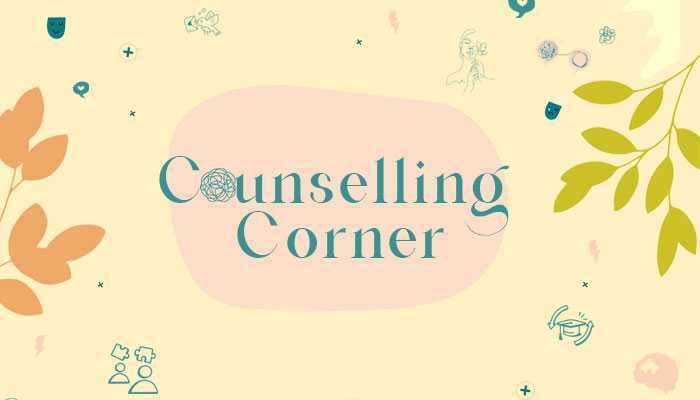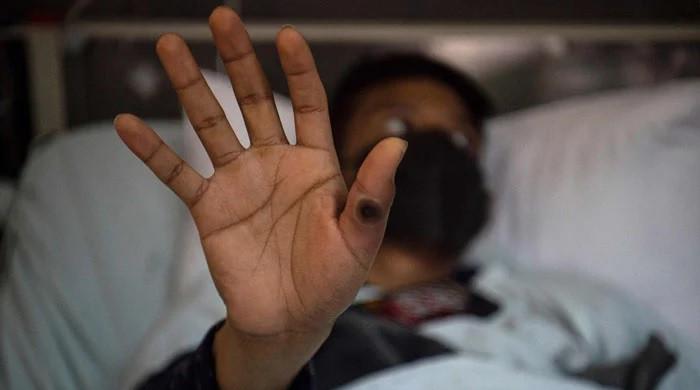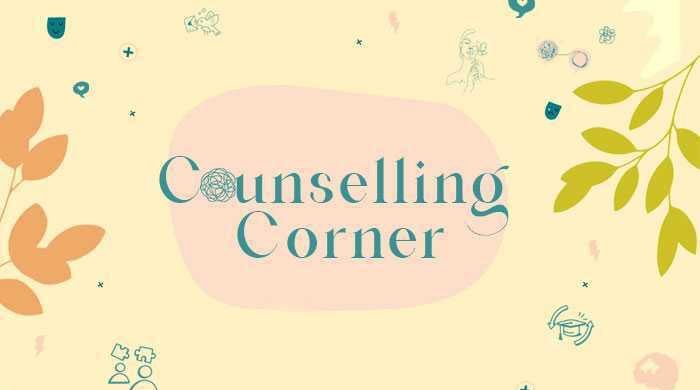'Dreaming of pursuing higher studies, but bound by societal expectations. What should I do?'
"I have compromised with the idea that I will be getting married before I turn 25, so there's no point in pursuing a masters," says a 22-year-old girl
November 20, 2024
Dear Haya,
I'm a 22-year-old girl and currently in the process of deciding whether to pursue a challenging post-grad degree or settle for a regular one. The reason why I'm confused about this is because I belong to a conservative family where higher studies are considered important but not as much as marriage.
I have compromised with the idea that I will be getting married before I turn 25, so there's no point in pursuing a masters that academically challenging and competitive. As much as I aspire to become a resourceful person professionally after my studies end, I know for sure that I'll be reduced to the role of a housewife soon after my marriage. But I do have dreams and aspirations to carve my own identity.
Currently, I'm just confused whether I should put myself through the trouble of being in an academically rigorous situation or just pick a degree that doesn't require much from me.
What do you suggest?

Dear anon,
The situation you are going through sounds challenging where you are at a crossroad caught between two worlds; conflict between your head and heart and conflict between your own personal dreams and ambitions and one that you have internalised by family expectations and societal norms. This can be both overwhelming and confusing.
Our families and societies play a pivotal role in shaping our internal world, belief systems, our self-worth the way we view the world and ourselves and what we feel we should do. Our early years are our formative years that lay the foundation for many aspects of our emotional, psychological, and social identity. We learn to view the world a certain way and often internalise the belief systems laid out to us as our own.
On one side, your family’s values and societal norms tell you what you "should" do; on the other side, I hear a voice inside you, calling you toward independence, ambition, and discovering your own identity, which is a suppressed but powerful part of you.
This internal struggle is not just a battle between head and heart; it's a deeper conflict about who you are, what you want, and who you are allowed to become.
You have vocalised your families’ beliefs — where they value studies but prioritise marriage as more important than your personal aspirations. This suggests that your family might have consciously or unconsciously communicated to you that your primary role is to be a wife, not necessarily an independent professional or someone who defines her own success outside of marriage and it seems that their perspective might not fully align with yours. Thus the conflict you are facing in this situation
Anon, conflicts can be gifts and guides to our own internal worlds that can encourage us to ponder on what feels true to us. The dilemma you face is not just academic; it’s emotional and existential.
I invite you to ask yourself: Do my families beliefs resonate with me? Have u ever given yourself permission to think that you could create your own beliefs? When you say there is no point in pursuing a master’s that’s competitive, whose voice is this?
What I would tell you is that while no one can make this decision for you, however I can give you perspective. One is from what your family wants of you, and one is for what you want for yourself.
The decision before you isn’t just about whether to pursue a difficult degree or a less competitive one; it’s about which version of yourself you choose. The easier path might feel safer, less risky, and more aligned with the expectations of your family. But is it the path that will make you proud and fulfilled of yourself in the long run?
It’s important to consider that your worth and aspirations do not disappear when you marry. You are more than the role society defines for you. Marriage, in any form, does not need to erase the pursuit of personal goals or academic ambitions. In fact, it may be helpful to envision a future where both can coexist—where you can grow in your professional life and still maintain meaningful relationships and roles within your family. This balance may be difficult, but it’s not impossible.
What matters is do you believe you can do that? we settle for what we believe for ourselves.
It might be helpful to ask yourself a few questions:
- What does carving my own identity mean for me? what beliefs would i hold in that?
- What does pursuing a more difficult degree embody for me?
- How will I feel in the future pursuing a degree that doesn’t require much from me versus pursuing a degree that I want that’s more challenging and competitive?
- If I were to choose the competitive degree, how would I see myself in relation to my family’s expectations. What would it mean for my sense of who I am if I were to choose an "easier" option instead? Am I giving up a part of myself to fit into a role?
- What does success mean for me? Is it based solely on my family’s standards, or can I define success on my own terms, that honors both my ambitions and my family’s values?
I would like to remind you that there is no need for a perfect balance right now. You don’t need to have everything figured out—whether marriage, career, or education. You can begin by taking steps toward your academic goals, and still hold space for your personal life and the eventual changes that might come. There’s no rush to have everything aligned perfectly at this moment.
It’s important for you to know that you have permission to pursue your dreams, only if you allow yourself to do so. Even within the constraints of your cultural and familial expectations, you are allowed to carve out space for yourself. That doesn’t mean rejecting your family’s wishes , but rather finding ways to honour both your individual goals and your responsibilities to your family and building a life that feels authentic to YOU. By asking yourself: Do I want to live a life that feels fulfilling to me or do I want to live a life others expect of me?
Ultimately, the decision of whether to pursue a more challenging degree or a less demanding one is deeply personal. It requires you to reflect on your values, your future, and your identity. There is no one-size-fits-all answer, but I encourage you to consider the long-term effects of your decision on your sense of self and your aspirations and what you want for yourself. Your future is yours to shape, and while it’s natural to feel the weight of external expectations, it’s equally important to consider what will make you feel fulfilled and true to yourself in the long run.
Above all, trust yourself and know that it’s okay to take your time with this decision. You don’t have to have everything figured out right now. You are allowed to evolve and change as you move forward.
Wishing you strength and clarity as you navigate this journey. You are worthy of the life and the dreams you envision.
With warmth and understanding,
Haya

Haya Malik is a psychotherapist, Neuro-Linguistic Programming (NLP) practitioner, corporate well-being strategist and trainer with expertise in creating organisational cultures focused on well-being and raising awareness around mental health.
Send her your questions to [email protected]
Note: The advice and opinions above are those of the author and specific to the query. We strongly recommend our readers consult relevant experts or professionals for personalised advice and solutions. The author and Geo.tv do not assume any responsibility for the consequences of actions taken based on the information provided herein. All published pieces are subject to editing to enhance grammar and clarity.













